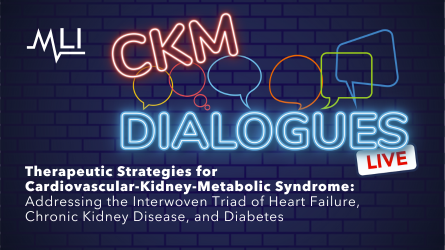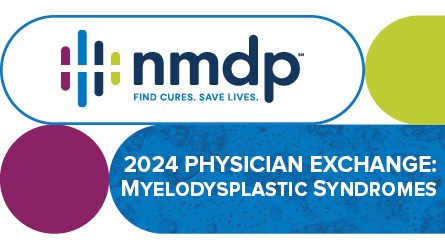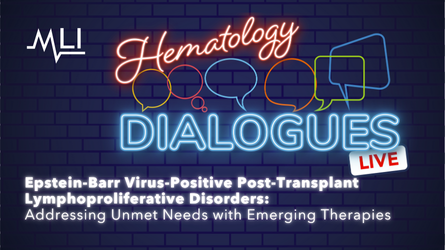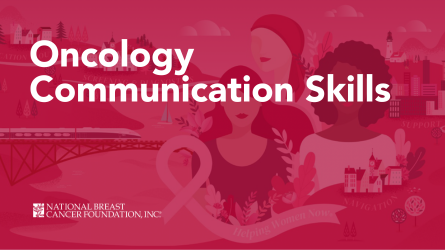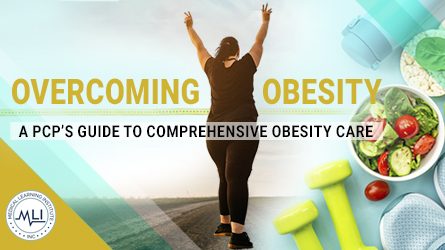- On-Demand
Breathing Easy: Conquering Obstructive Sleep Apnea for Better Health - Improving Collaboration Amongst Multidisciplinary Teams to Tackle OSA
- Credit: 0.50hr(s)
- AAFP, AAPA, CME, MOC
- March 6, 2024 —
- March 5, 2025
- Therapeutic Areas: Family Medicine / Primary Care
- Location: Internet Activity Enduring
Obstructive Sleep Apnea (OSA) is a prevalent but often underestimated sleep disorder with significant implications for the health and well-being of individuals in the United States. Despite its impact on chronic diseases and healthcare costs, OSA remains underdiagnosed, leading to untreated sleep apnea and its consequences. With emerging strategies for OSA treatment, it’s crucial for healthcare providers to stay informed about the latest clinical evidence shaping the treatment landscape.


